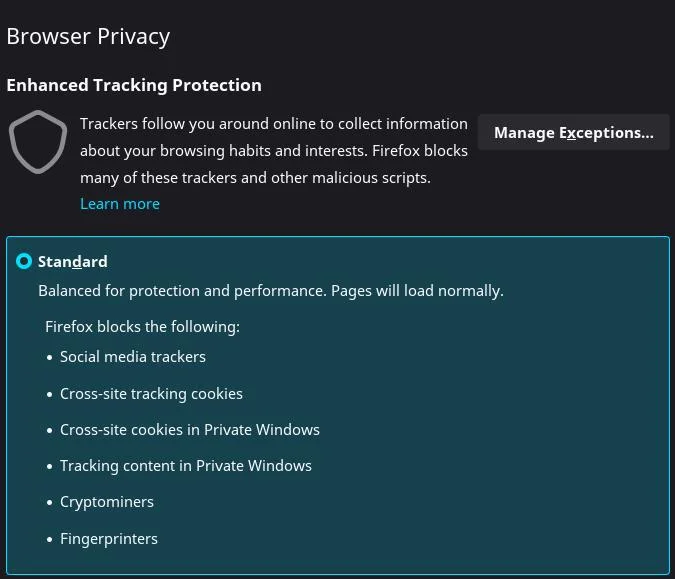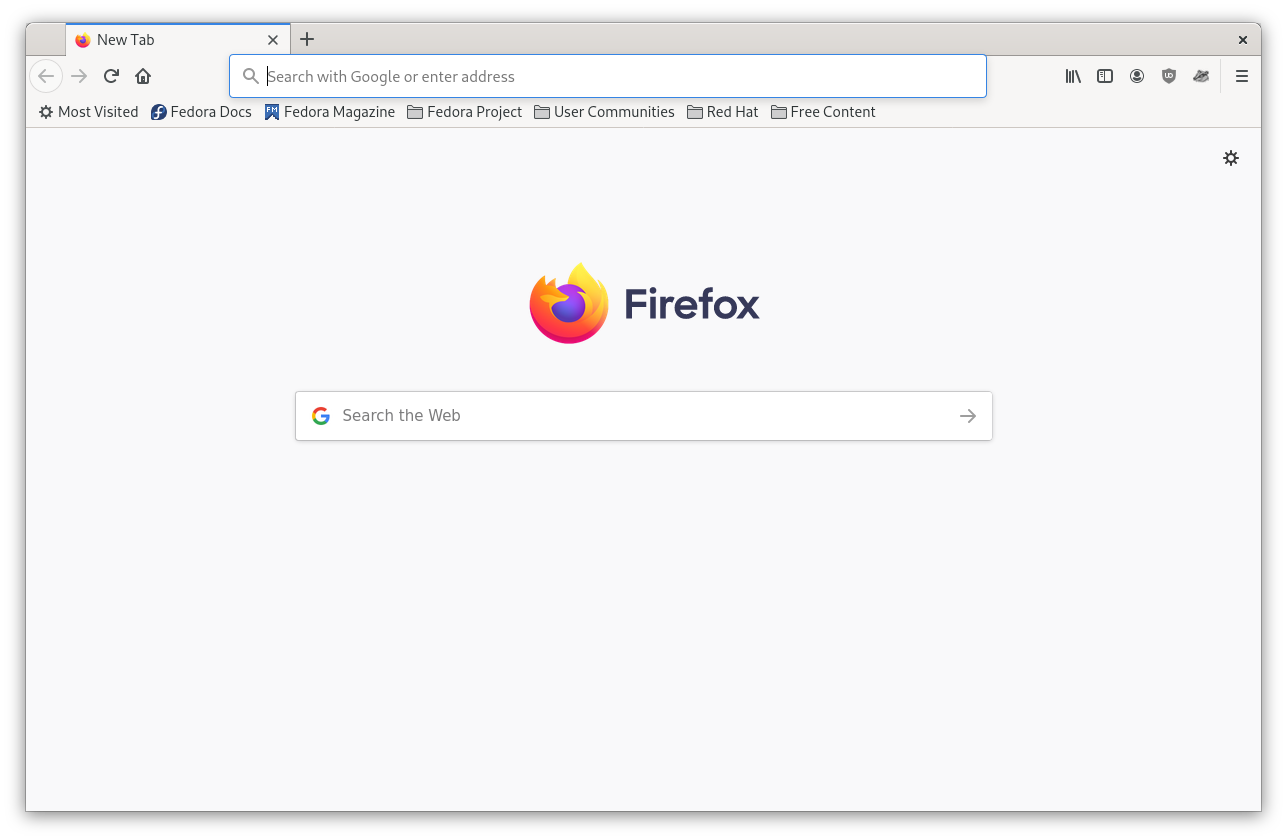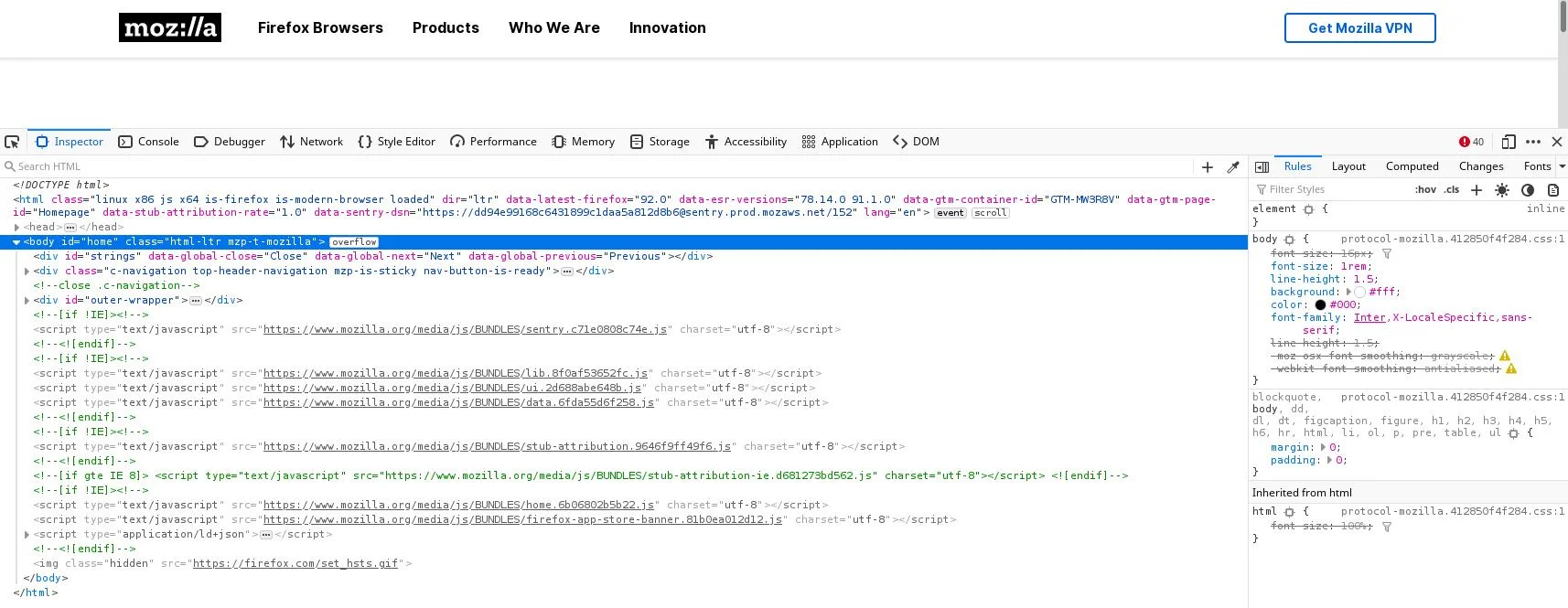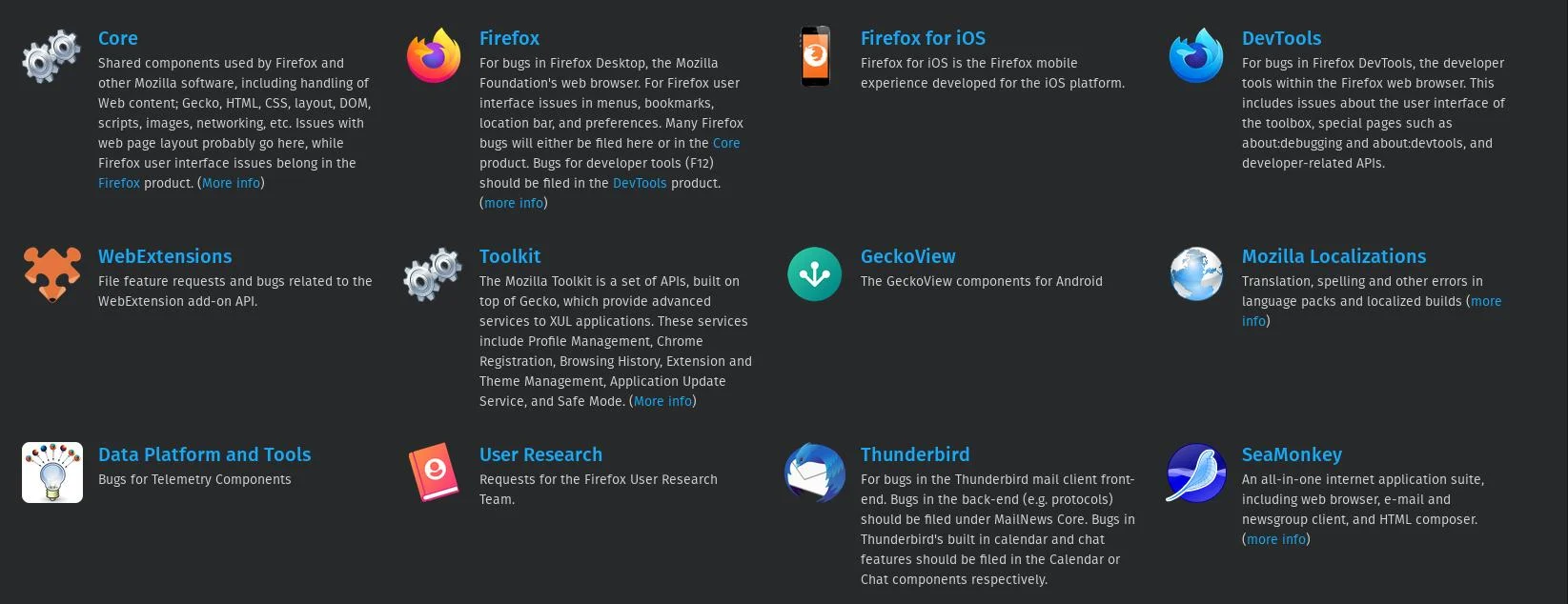Mozilla Firefox was one of the applications that opened my eyes to open source. It wasn't by any means the tipping point, but it was part of a larger cumulative effect of several open source applications grabbing my attention, which ultimately resulted in me switching to Linux, and never looking back. Since switching to Firefox, which occurred well before I consciously changed to open source, I've been an avid Firefox user. My mobile phone was a Firefox OS mobile phone, and it was until the project was abandoned. Interestingly, though, I didn't necessarily consider myself a Firefox fan. I used it then and continue to use it today because it continues to be the best browser available in many different ways. Here are five reasons you should switch to Firefox right now.
1. Firefox is focused on privacy
The maintainer of Firefox is the Mozilla foundation, a non-profit organization not motivated at all by your personal data. Mozilla doesn't care about what you search for, what websites you visit, or how much time you spend on the web. That's just not Mozilla's business model, but it is expressly the business model of many other popular browsers.
Even if you don't object to a browser tracking your activities for privacy reasons, you may have had the experience of making that one-time purchase of an unusual gift, only to have every site you visit try to sell you that item for the rest of your life. The Internet is big, so it sometimes seems like a good idea to restructure it based on users' interests. I admit that if all of my searches could have "open source" appended to them, it would probably provide more relevant results. But then again, I'd rather opt in to that kind of optimization rather than have it, along with many other unknowns, being decided for me, outside my control.

Privacy in Firefox (Seth Kenlon, CC BY-SA 4.0)
Mozilla has this policy: Take less. Keep it safe. No secrets.
Never one to stop short, Firefox also offers account monitoring, an optional service from Mozilla that alerts you if any of your online accounts become compromised through a large-scale data breach. Additionally, Mozilla offers a paid VPN service using open source Wireguard software so you can browse safely from anywhere.
2. Firefox can use containers
It may be hard to believe, but there was a time when leading web browsers did not feature tabs. In the late 90s and early 00s, when you wanted to visit two web pages simultaneously, you had to open two separate browser windows. Firefox (and the Mozilla browser before it) was an early adopter of the tabbed interface.
Tabs are expected in browsers now, but through Firefox's extensions, there's been an interesting new twist on the power of the tabbed interface. Developed by Mozilla itself, the Firefox Multi-Account Containers plugin can turn each tab into an isolated "container" within your browser.

Containerized tabs in Firefox (Seth Kenlon, CC BY-SA 4.0)
For instance, say your employer uses Google Apps, but you don't trust Google with your personal information. You can use the Multi-Account Containers plugin to isolate your work activities so that Google touches only your professional life and has no access to any other part of your life.
You can even open the same site with two different accounts, and as a bonus, the tabs are color-coded, so it's useful whether you're looking to isolate sites or just add new visual cues to your browser.
3. Firefox user interface design
As much as we humans tend to get excited about new things, there's just as much comfort to be found in something familiar and reliable. Firefox has updated its interface over the years, and it's had its fair share of innovations that are now unofficial industry standards, but overall it has remained very much the same. Its user interface retains all the standard conventions you already take for granted.
When you download a file, you're prompted for how you want Firefox to handle the file. At your option, you can open the file in an appropriate application or save it to your hard drive. You can prompt Firefox to remember your choices for the future or have it continue to prompt you.

Firefox user interface (Seth Kenlon, CC BY-SA 4.0)
When you need an application menu, you can find it in a modern-style "hamburger" menu, or else you can press the Alt key to show a traditional menu along the top of the Firefox window.
Everything in Firefox is familiar, whether you're a long-time user of Firefox or not because it builds on years of user interface design. Where it can innovate, it does, but where it's counter-productive to change something intuitive, it refrains.
4. Developer tools in Firefox
Back in the early days of the world wide web, you could navigate to any website and view the source code. There was a high chance of learning HTML just from doing this a few times. Everything was open, transparent, obvious, and relatively straightforward.
The Internet has evolved into a powerful cloud-based supercomputer, and extracting meaningful context from a website now sometimes requires more than just a text dump of its underlying markup. To ensure everyone can reverse engineer (and engineer) how a website functions, Firefox incorporates a set of powerful development tools into the browser.

Developer tools (Seth Kenlon, CC BY-SA 4.0)
Although this was a Firefox-based innovation originally (by Firebug back in 2006), many browsers have a devtools feature now. Not all devtools are equal, though, and it's Firefox's developer panels that make Firefox my go-to browser for web design and UX testing.
5. Firefox is open source
Most importantly, Firefox is fully open source. It's an excellent browser with nothing to hide. It's got no ulterior motive aside from keeping the web open, educating people about the Internet, and promoting open source solutions to everyday tasks.

Firefox is open source (Seth Kenlon, CC BY-SA 4.0)
You can contribute to Firefox. You can file bugs about things that you don't like. You can see the code you run when you interface with the Internet. Firefox has taken a stand for the open web for decades. It's stayed true to its principles and arguably has forced the hand of several competitors who probably wouldn't have chosen to go open source if Firefox hadn't set the public's expectations.
Firefox is a powerful force on the modern Internet, and it's a great browser. Firefox runs on your desktop and mobile devices, so do yourself a favor and get Firefox.









6 Comments